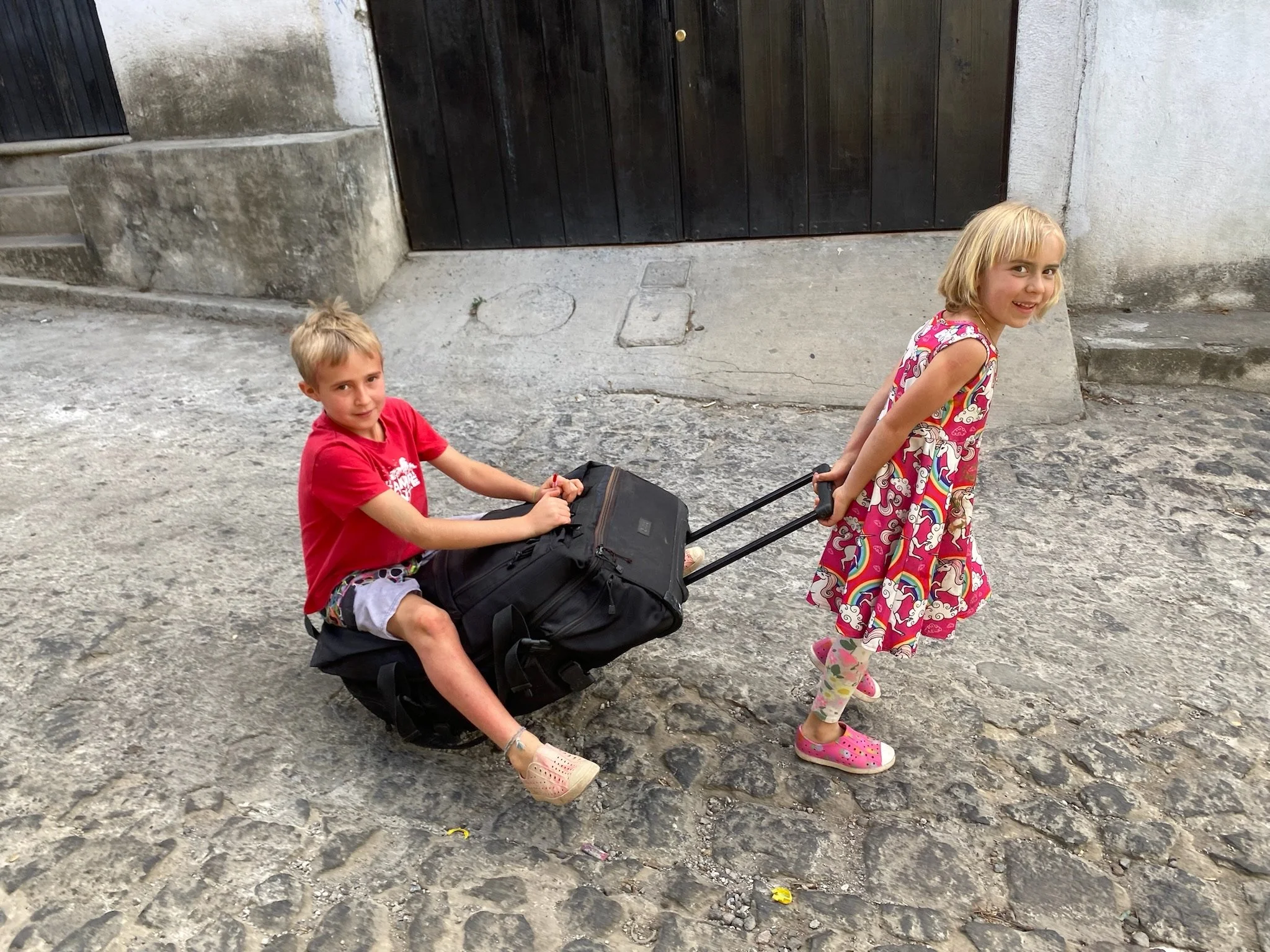Unpacking the Stories That Drive Conflict: A Guide for Couples
Conflict in relationships usually isn’t just about what’s happening in the moment—it’s about the story we tell ourselves about what’s happening. These internal narratives shape how we interpret our partner’s words and actions, often without realizing it. When we get better at spotting and unpacking these stories, we move from reacting to responding. This guide walks you through a simple way to do that.
Step 1: Notice the Trigger
When you start feeling tense, defensive, or hurt, pause. That’s a signal an old story might be running the show. Take a breath before reacting.
Step 2: Name the Story
Ask yourself: What am I making this mean?
What assumptions am I making about my partner’s intentions? Try to separate what actually happened from the meaning you’re assigning to it.
Step 3: Check the Interpretation
Are you assuming the worst? Are you filtering this through past experiences? Could there be another way to see it? A little curiosity here can change everything.
Step 4: Spot the Pattern
Is this a familiar story? Maybe it’s some version of “I’m not enough” or “They don’t care.” Noticing the pattern helps loosen its grip.
Step 5: Share Your Experience
When you’re ready, tell your partner what’s coming up for you. Stick to "I" statements: "The story I was telling myself was..." or "What I made up about this was..." Keep it short. No blaming.
Step 6: Listen to Understand
Hear them out. Not to fix, not to defend—just to understand. Reflect back what you heard: "So what you’re saying is..." Validation isn’t about agreeing, it’s about letting them know they make sense.
Step 7: Find the Common Ground
Shift from proving a point to working together. Ask: “What do we both want here?” This moves you from stuck to forward.
Step 8: Keep Practicing
This won’t be perfect. That’s okay. The point isn’t to never get triggered—it’s to get better at catching it, naming it, and choosing how to respond.
The stories we tell ourselves can pull us apart or bring us closer. Noticing them, getting curious about them, and sharing them with openness makes all the difference. Conflict isn’t a problem—it’s a chance to understand each other better.
Are you looking for help with your relationship? Do you feel that a relationship coach could help you working on your couples skills? Is communication an issue? Have you ever considered couples therapy or counseling? As a psychotherapist and relationship coach, I am uniquely positioned to help you through these moments of disconnect and conflict.
__
Learn more about my approach to life consulting and relationship coaching here or get in touch for your free 30-minute consultation here! Don’t forget to follow along @LilyManne on social for more regular updates!


